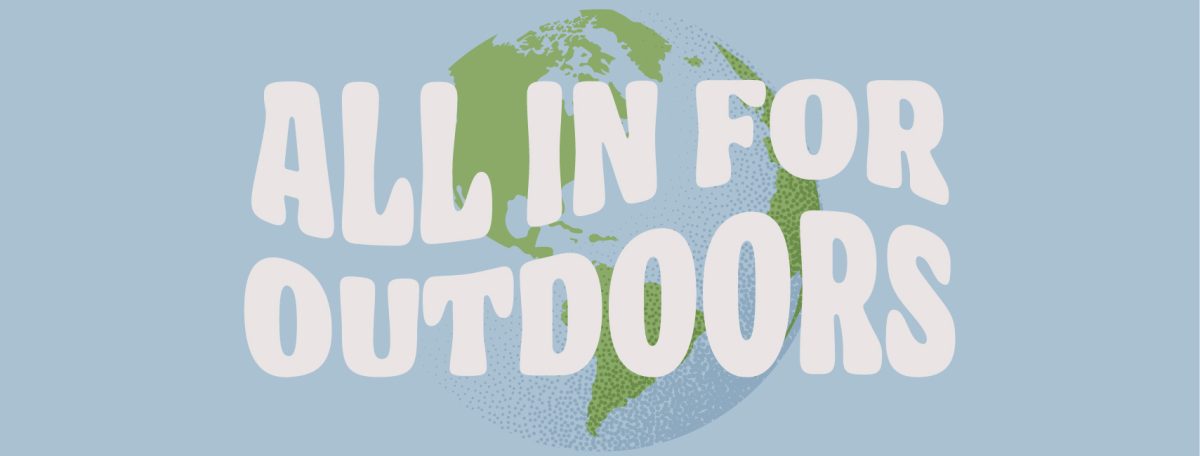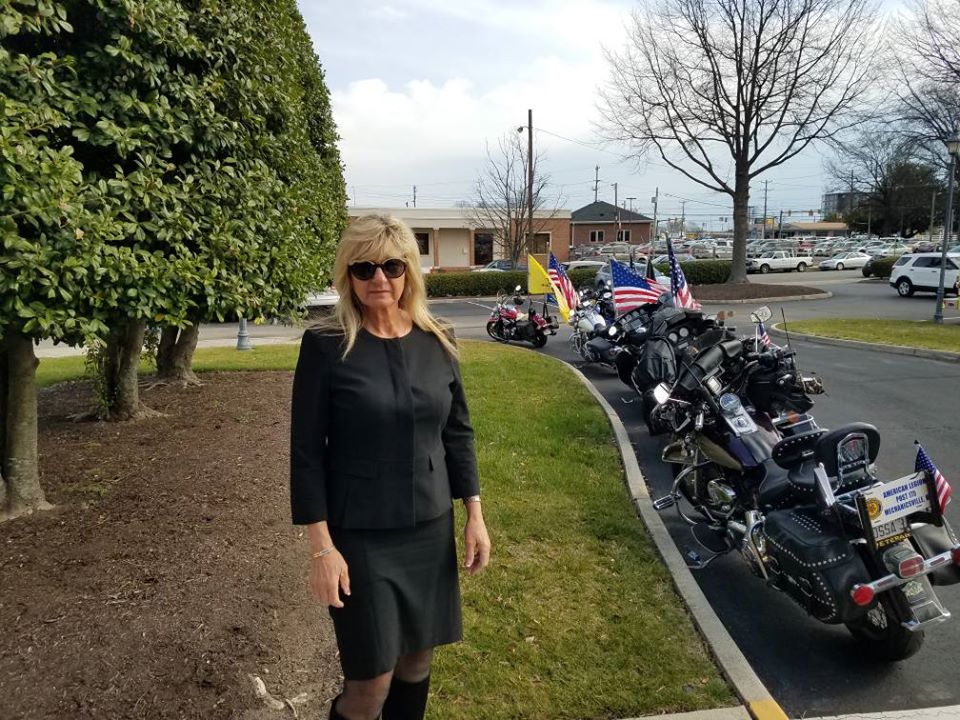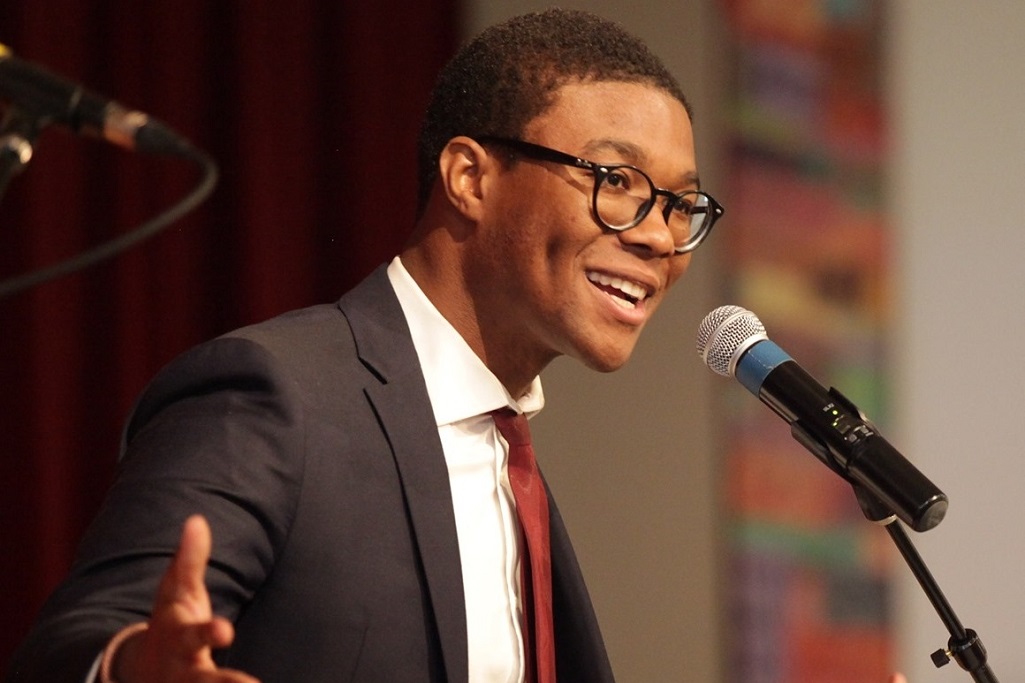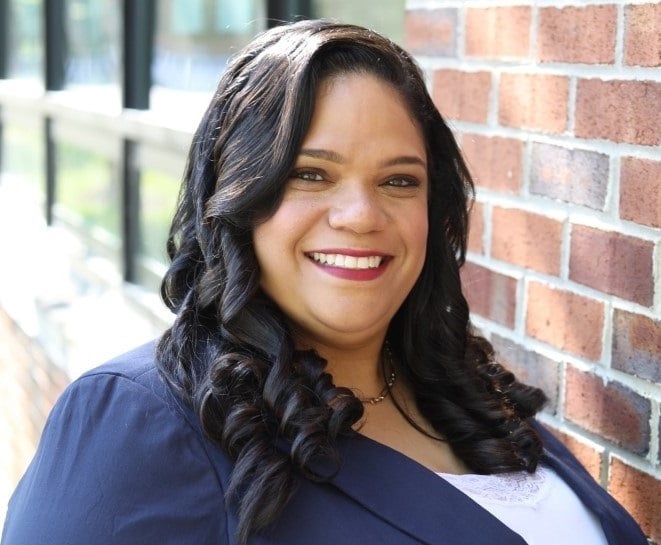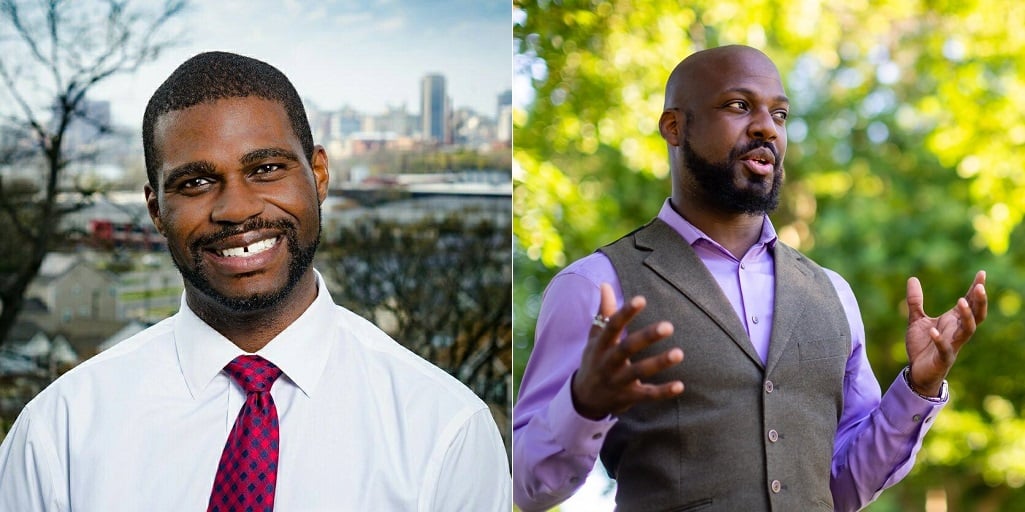Close your eyes and take a deep breath. Think back to the last time you were outside under the shade of a tree enjoying the breeze, the chirping birds, and the fresh air. Did your shoulders drop? Did some tension leave your body? Did you feel refreshed? If you...
